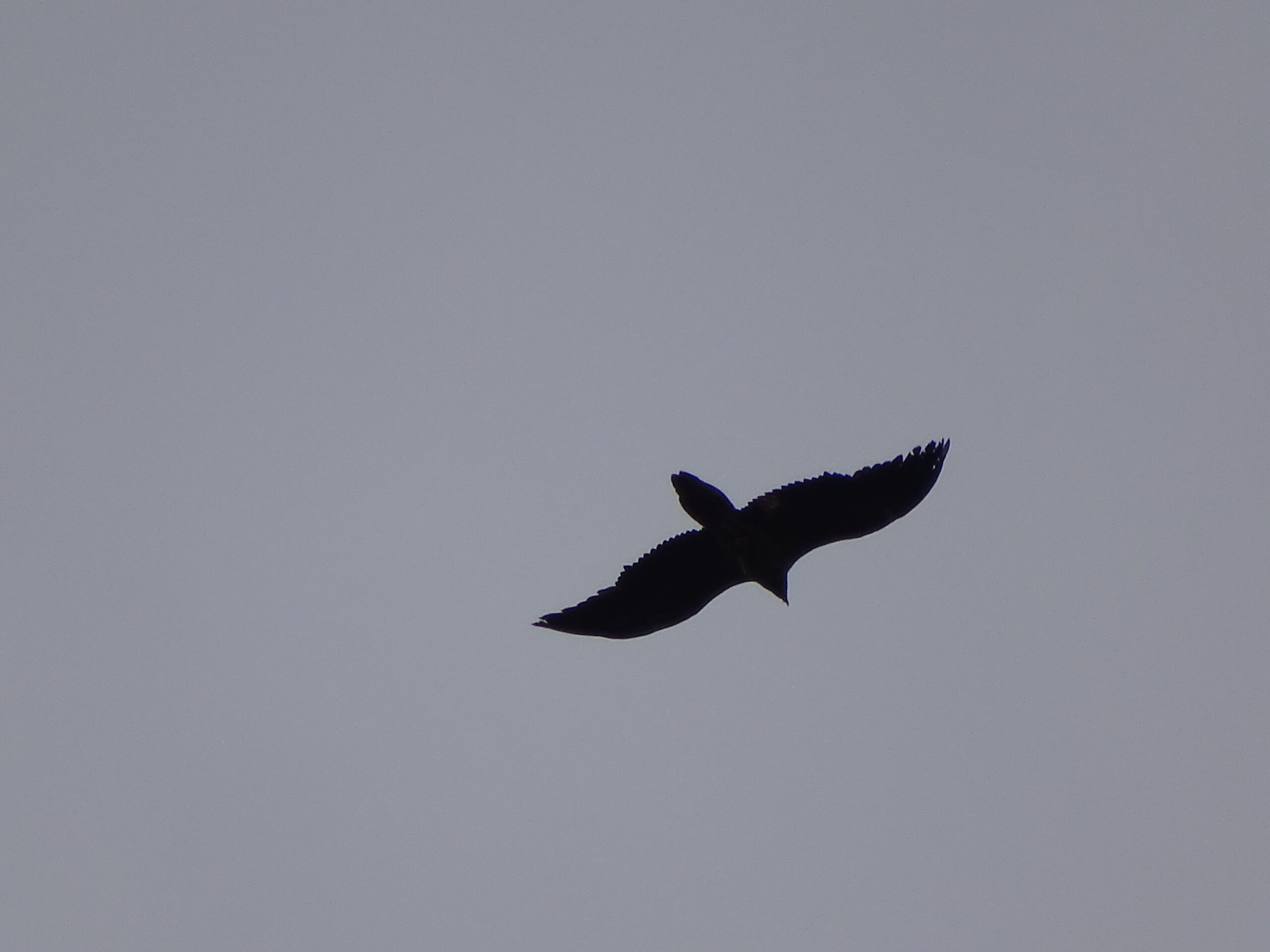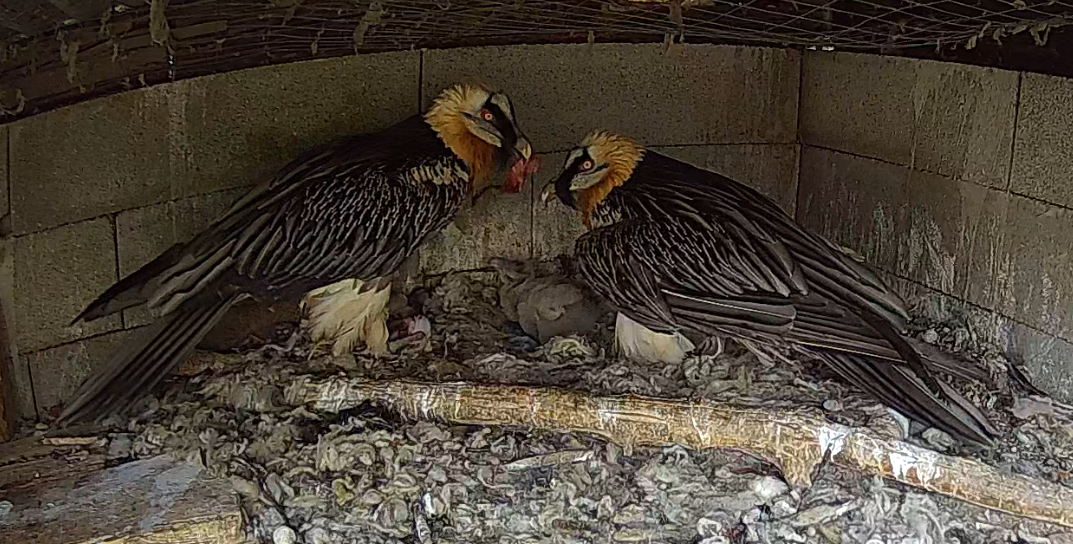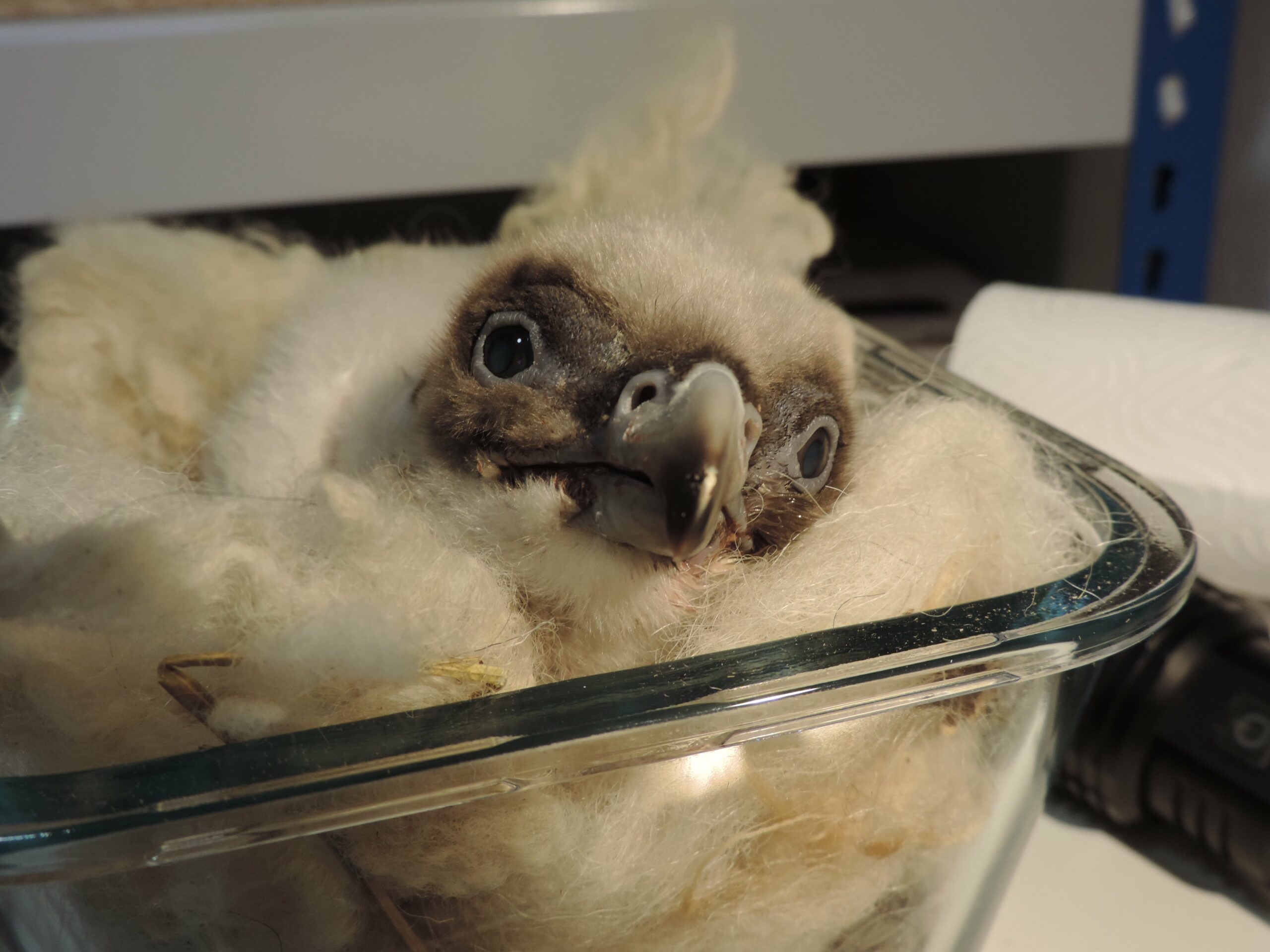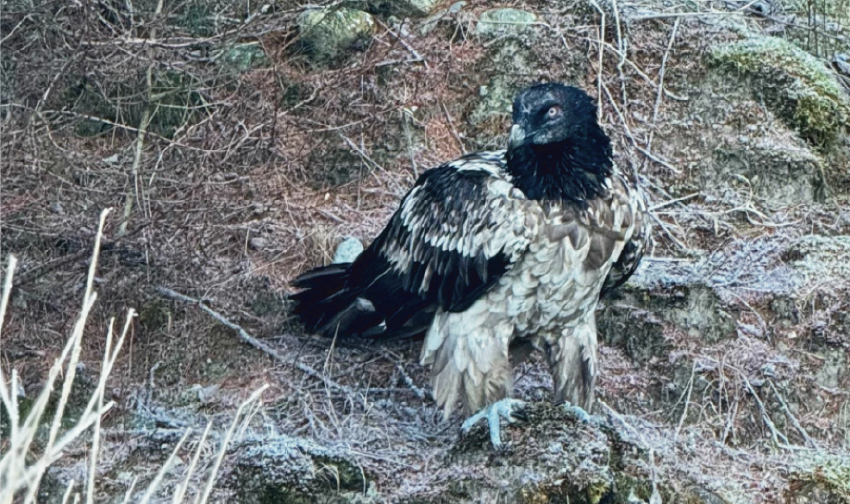
For the first time, researchers studied the previously undescribed nocturnal flights by Bearded Vultures using GPS and accelerometer technology to determine the motivations behind this behaviour. The research was carried out by Ruth García-Jiménez, José María Martínez-González, Pilar Oliva-Vidal, Josep Piqué, José Antonio Sesé and Antoni Margalida and was recently published in the journal Bird Study.
Methods
The research team used both the accelerometer and GPS location data from tracking units fitted to 11 Bearded Vultures in the Spanish Pyrenees and also monitored 88 carcasses with camera traps to determine whether nocturnal flights could be linked with foraging behaviour.
Results
The data analysed indicated that over half (55%) of the individuals tracked were recorded flying between 0.7 and 6.1 km on at least 19 different nights, including 37% that occurred when less than 20% of the moon was illuminated. Feeding activity was not observed in many instances. In fact, the tracked Bearded Vultures displayed feeding activity in only 8.2% of the 146 feeding events existing during the hour after dawn and the hour before dusk.
Conclusions
The findings suggest that foraging benefits do not justify the nocturnal flying behaviour. It seems that disturbances or adverse weather conditions may result in the abandonment of an overnight roosting site, which could also explain why some individuals recovered in the field showed impact injuries. It is also possible that artificial lighting in the vicinity of some roost sites facilitated some nocturnal flights. Further research is required to determine to the causes and consequences of nocturnal flights in Bearded Vultures and other species.
Source
Ruth García-Jiménez, José María Martínez-González, Pilar Oliva-Vidal, Josep Piqué, José Antonio Sesé & Antoni Margalida (2020) Nocturnal flights by Bearded Vultures Gypaetus barbatusdetected for the first-time using GPS and accelerometer data, Bird Study, DOI: 10.1080/00063657.2020.1781054



